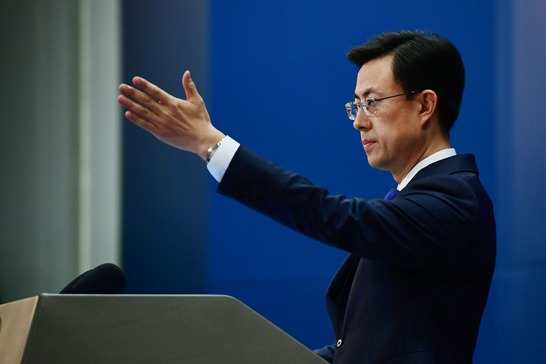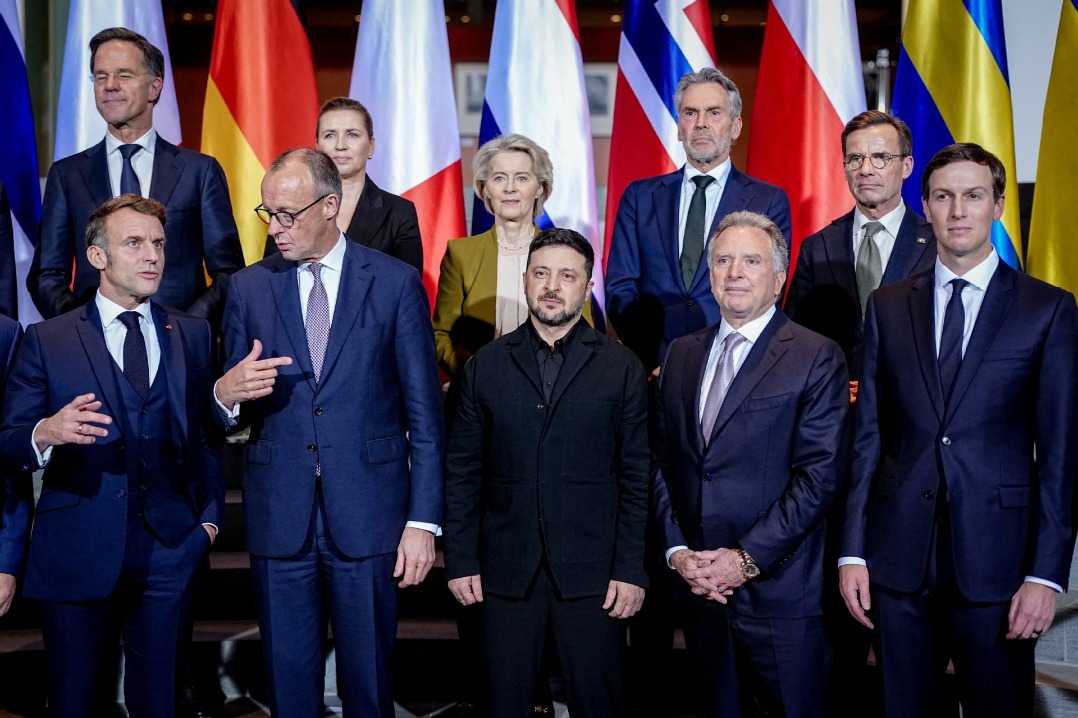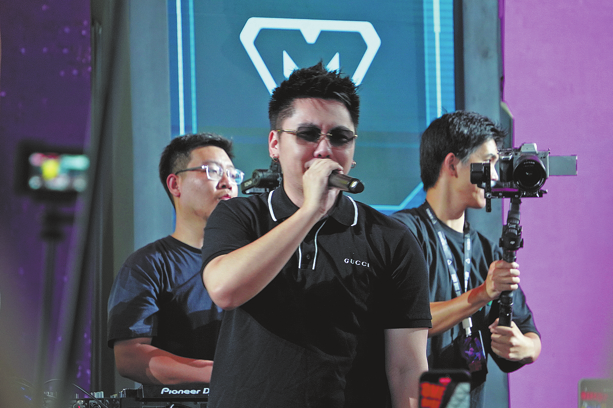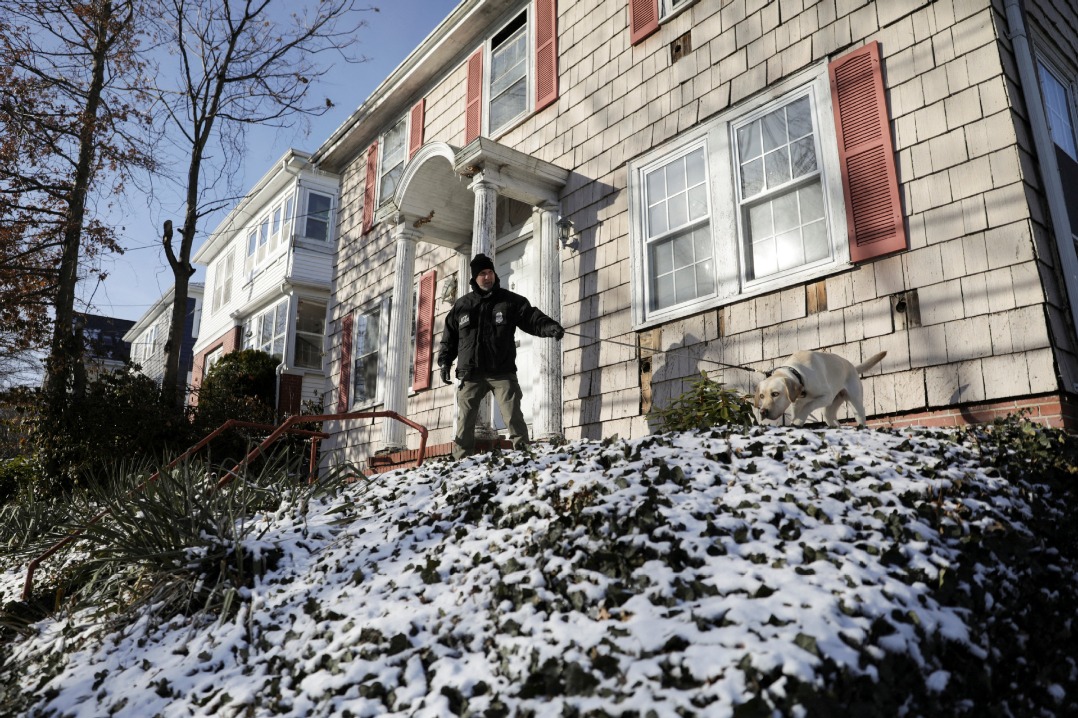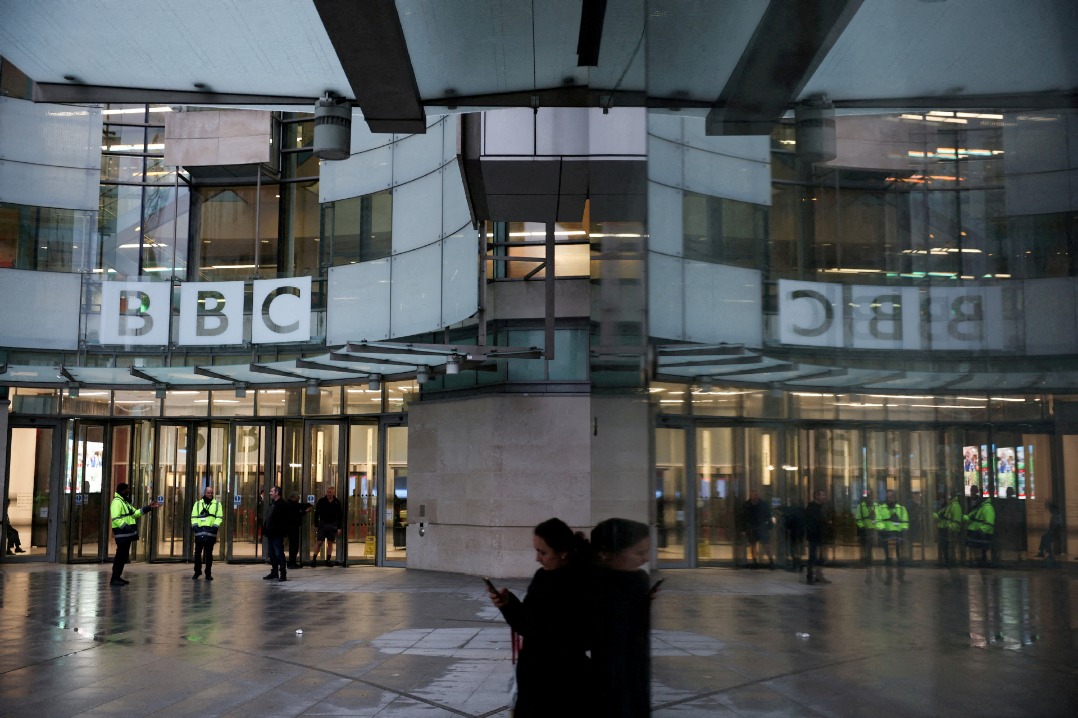Putin sees even closer ties with Belarus


Russia will "calmly" continue its special military operation in Ukraine, and Moscow and Minsk should strengthen integration in a situation where the West has unleashed a total sanctions war, said Russian President Vladimir Putin on Tuesday.
Putin made the remarks after meeting with his Belarusian counterpart Alexander Lukashenko in the Far East region. The two presidents also visited the Vostochny Cosmodrome spaceport in the Amur Region.
Putin stressed the importance of strengthening the integration of the two countries within the Union State framework in the current situation, with Western countries unleashing "a total sanctions war against Russia and Belarus".
He also said Russia and Belarus are close allies that have built relations on the unshakable principles of mutual respect and support. He emphasized that the governments of the two countries had "made arrangements for import substitution and smooth functioning of financial and commodity markets".
Both presidents also discussed the situation in Ukraine. Putin said talks between Moscow and Kyiv have again hit a wall because the Ukrainian side moved away from the agreements reached at a meeting in Istanbul at the end of March.
The special military operation is proceeding according to plan and will conclude when all its initial goals are achieved, Putin said. Accelerating the operation may lead to losses, so Moscow will act "calmly at a measured pace as scheduled, according to the plan that was originally proposed by the General Staff".
Putin dismissed claims that Moscow's army was struggling against Ukrainian resistance and was forced to withdraw around major cities, including the capital Kyiv.
Claims dismissed
When asked about reports of the discovery of hundreds of dead bodies of civilians in the town of Bucha outside Kyiv after the withdrawal of Moscow's troops, Putin dismissed them as "fake".
Russia's defense ministry said on Wednesday that 1,026 soldiers of Ukraine's 36th Marine Brigade, had surrendered in Mariupol, according to Reuters.
However, there was no immediate comment from the Ukrainian side.
The United States Secretary of State Antony Blinken claimed on Tuesday to have "credible information" that Russia "may use chemical agents" in its offensive to take Mariupol.
"We had credible information that Russian forces may use a variety of riot control agents, including tear gas mixed with chemical agents that would cause stronger symptoms to weaken and incapacitate entrenched Ukrainian fighters and civilians, as part of the aggressive campaign to take Mariupol," he said.
However, Blinken said he was "not in a position to confirm" recent allegations that Moscow used chemical weapons in the strategic port city on the Sea of Azov.
On Wednesday, the Russian embassy in Washington dismissed the possibility of Russia using chemical weapons in Ukraine.
German President Frank-Walter Steinmeier said on Tuesday that he had offered to visit Ukraine, but Kyiv had told him that his trip was "not wanted".
Speaking during a visit to Warsaw, Steinmeier said he had planned to travel to Kyiv with the presidents of Poland, Estonia, Latvia and Lithuania this week "to send a strong signal of joint European solidarity" to Ukraine.
Germany's top-selling Bild newspaper quoted an unnamed Ukrainian diplomat as saying: "We all know of Steinmeier's close relations with Russia here … He is not welcome in Kyiv at the moment. We will see whether that changes."
However, Ukrainian presidential adviser Oleksiy Arestovych told German public television on Wednesday it had not been Zelensky's intention to offend Berlin.
"I think the main argument was different-our president expects the chancellor, so that he can take direct practical decisions, including weapons deliveries," he told broadcaster ZDF.
Agencies contributed to this story.
















